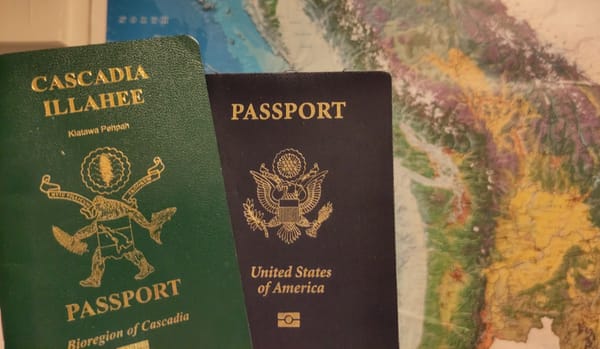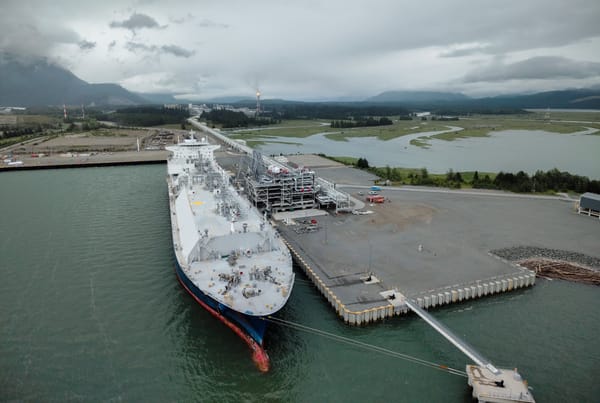Cascadia today: Seattle to spy on residents + drought hammers Cascadia + bio of former OR senator
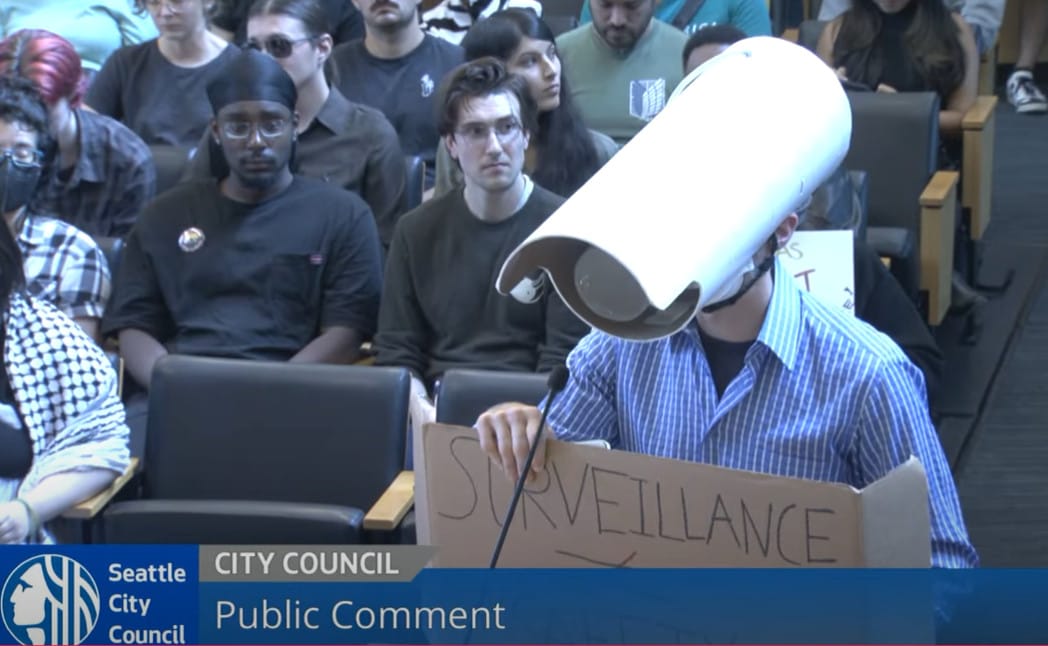
Good morning Cascadia! Will you help me reach a goal of 100 paid subscribers by November 1? Your support, of $5 a month, helps make this newsletter possible. So you'll continue to get opinionated essays and these snarky daily round-ups from across our bioregion. Thanks!
Seattle approves surveillance cams as feds demand data
Despite vocal opposition by hundreds of opponents in a hearing prior to the vote, Seattle's right-wing city council approved a plan 7-2 to vastly increase the Seattle Police Department's video surveillance system across the city. The plan will add 65 cameras across the city, and rights activists are concerned the Trump administration will request the data in its cruel immigration crackdown. The contractor Seattle is working with has handed over data in the past. Contrary to reassurances from cop-loving councilmember Bob Kettle, there's a real threat: just yesterday, the Department of Justice demanded that the Washington secretary of state hand over all its voter registration data. The correct response? "Fuck off, Donny."

Oh and speaking of Seattle's "finest", Divest SPD has created a set of ten trading cards called Bad Apples. Now you can start a collection of all your favorite awful cops in SPD's roster who've used excessive force, endangered the public or exhibited sexist or racist behavior. Plus, your purchase helps set up a database of information on bad cops across Washington State.
Drought affecting more than half of Cascadia
Nearly 80 percent of the Pacific Northwest is in drought this summer, Oregon Capital Chronicle reports. The period between April and August this year was the fourth driest since records began in 1895. In addition, the Washington State Dept of Ecology issued a drought emergency for the Yakima basin. What can Cascadia do about it? In 2022, the Cascadia Partner Forum published a study on how our region can better adapt to climate change. Some of the findings? Create a formal structure for cooperation across boundaries; center Indigenous leadership; and mainstream connective collaboration on environmental protection across borders.
Sounds good to us:
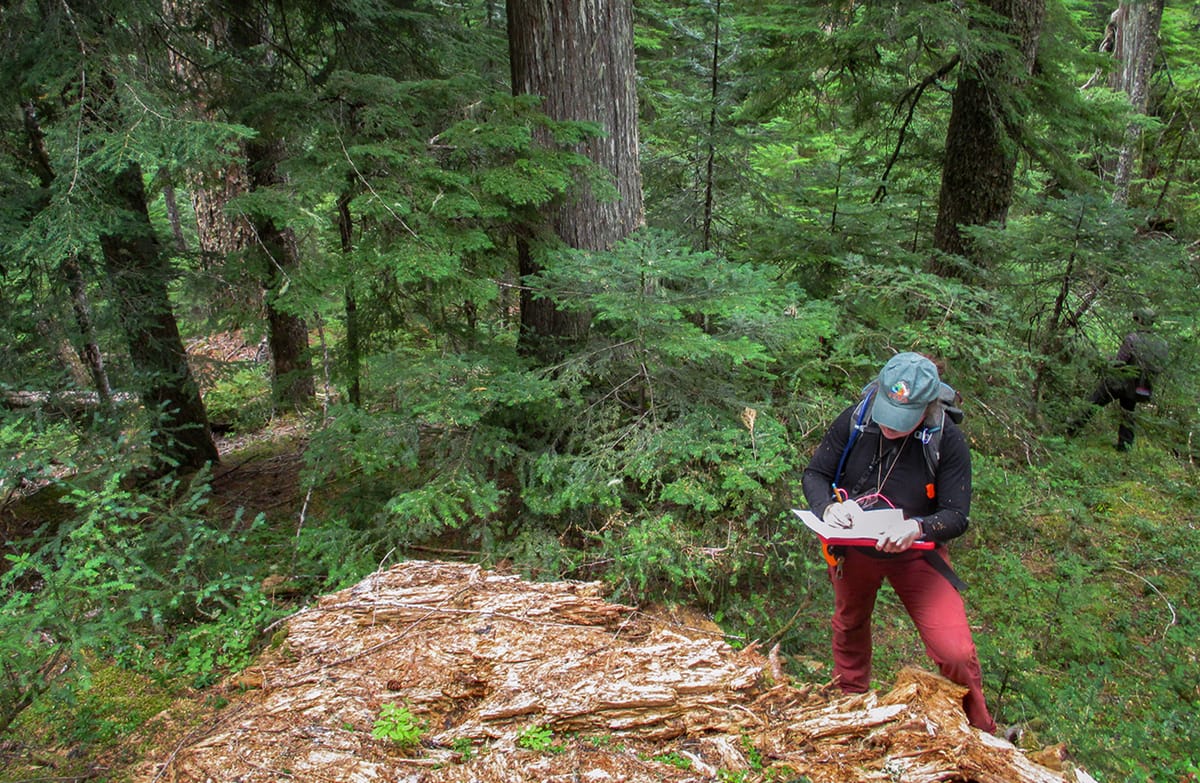
BC ignores First Nations in mine expansions
According to the Narwhal, prior to the Labor Day weekend, the British Columbia government approved expansion of the Mount Polley gold and copper mine, despite opposition from the Xatśūll First Nation, and concerns the BC government is neglecting meaningful consultation with Indigenous groups. Mount Polley was the site of a 2014 waste dam breach that is one of the worst mining disasters in Cascadian history. Meanwhile, CBC reported more on Vancouver-based mining firm Teck entering into a massive merger – and the article said NOTHING about the company's disgraceful environmental record. Its Northpoint lead smelter in Trail, BC has been polluting Cascadia for more than a century. Researchers are still finding lead in the blood of children who live there – and there is NO safe level of lead for children.
WA reforming its recycling
Columbia Insight reports on Washington's efforts to reform statewide recycling policies and make it access and information easier. Oregon started on similar reforms a few years ago. Plastic recycling is almost nonexistent since China stopped accepting the stuff back in 2018. Best to limit your use of plastics. Or better yet stop electing candidates who fail to take real action on climate change. Yeah, we're looking at you, Bruce.
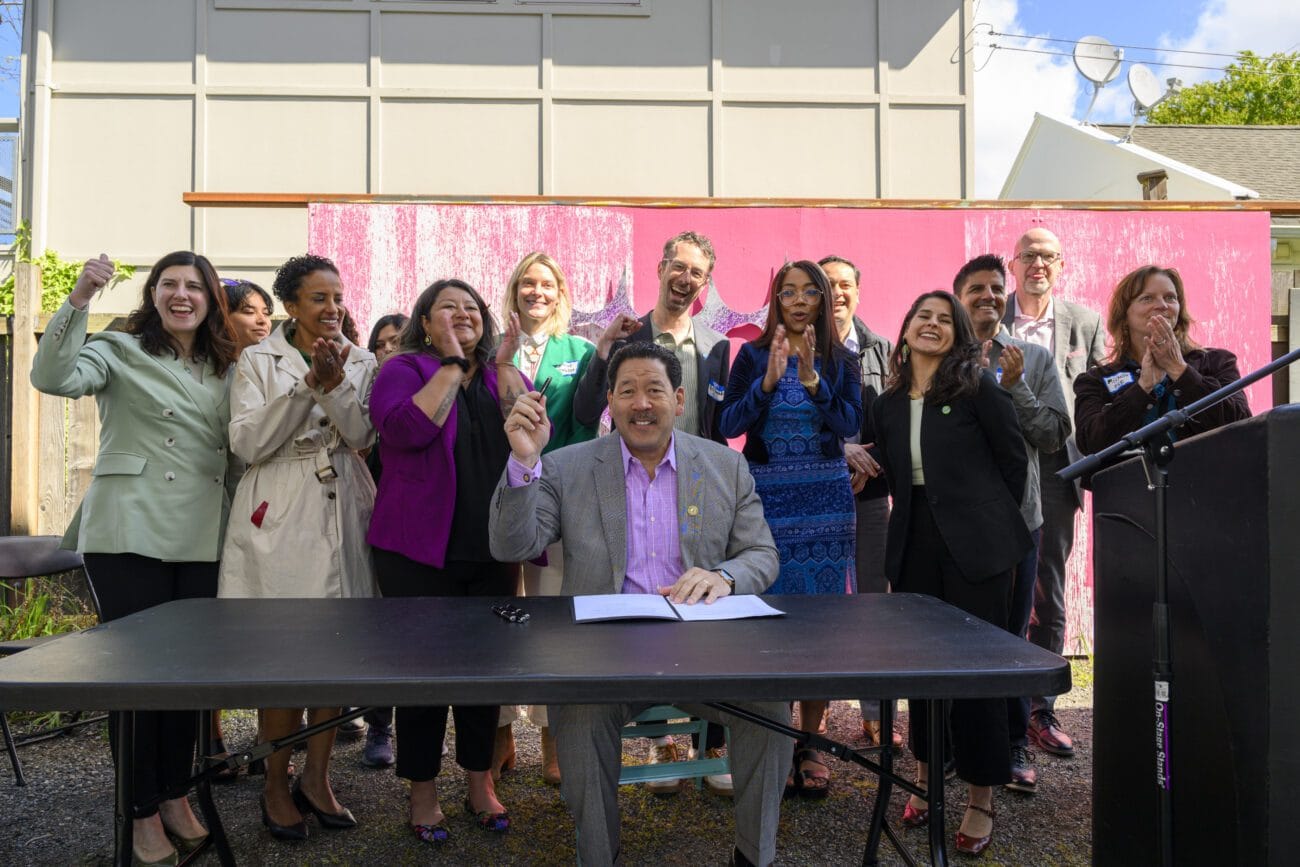
A biography of an influential OR senator
Oregon Arts Watch reports on a new biography by journalist Stephen Forrester on Oregon's US Senator Richard Neuberger. First elected in 1954, the Democrat served just six years before his death in 1960. Neuberger was a former journalist who among other things one of the first to sound the alarm about fascism's rise in Germany. He was also a staunch liberal who supported civil rights, education funding, mass transit, and environmental protection. More of those please.
--Andrew Engelson




